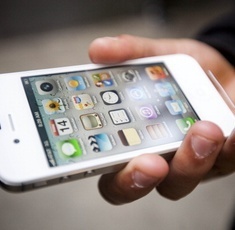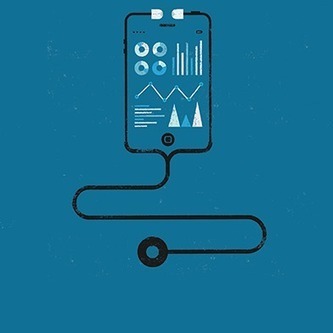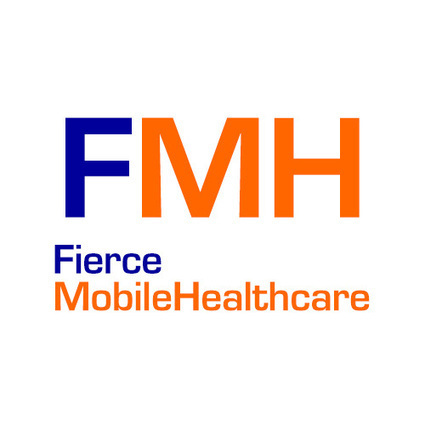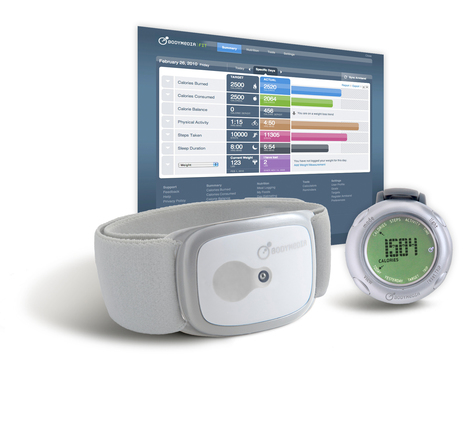Today's mobile apps are helping diabetics aggregate blood sugar and nutritional data from multiple platforms and devices and logging data into central portals accessible anywhere, according to Steve Robinson, general manager of the Cloud Platform Services Division for IBM.
The apps and snap-on smartphone monitoring devices are letting physicians integrate biometric data from wearables into patient data and analyze patient data at fast speed, Robinson writes at InformationWeek. The benefits are just as extensive as the functionality being developed, he says
The gains include everything from simplifying records and improving doctor-patient conversations to gaining a holistic view of a diabetic's health. Doctors can "crunch and analyze patient data at rapid speeds to help identify patterns and predict future health and treatment needs," he writes.
"Mobile apps can help diabetes sufferers get ahead of their symptoms and live healthier, more carefree lives," Robinson says.
eBrief | Advice for Healthcare Organizations Seeking to Centralize Patient Records, Decommission Legacy Systems
Health systems are transforming their foundations and infrastructures to cut costs and improve care. In this eBook, hospital leaders share challenges and tools to make systemwide decisions that can help boost quality care and outcomes. Download today!
Sign up for our FREE newsletter for more news like this sent to your inbox!
Diabetes tools have ranged from providing smartphone coaching that is helping diabetics living in low to modest socioeconomic communities manage their disease and improving their health, to a wearable, automated bionic pancreas for continuous glucose monitor and a software algorithm, according to a study at the New England Journal of Medicine.
In addition, mobile monitoring of diabetic employees can save more than $3,000 a year in healthcare costs, half of the average annual medical insurance cost for workers diagnosed with diabetes.
Today's tools and cloud-based capabilities are reducing those costs while also driving innovation for disease management, Robinson says.
"Using cloud services, combined with the ease and convenience of mobile, new methods of managing this disease are being brought to patients around the world," he writes.
For more information:
- read the article
Related Articles:
Mobile monitoring tools can cut diabetes management costs in half
Smartphone-powered bionic pancreas outperforms traditional diabetes pump
Smartphone coaching can boost diabetic management, help reduce disease risks
Smartphone app aims for faster, more accurate, body fluid testing
Smartphones may be the next-gen blood test laboratory
Montefiore explores texting for diabetic teens, pre-op care
Via
Celine Sportisse,
DIRECT MEDICA by Webhelp,
dbtmobile,
Giuseppe Fattori,
eMedToday



 Your new post is loading...
Your new post is loading...














